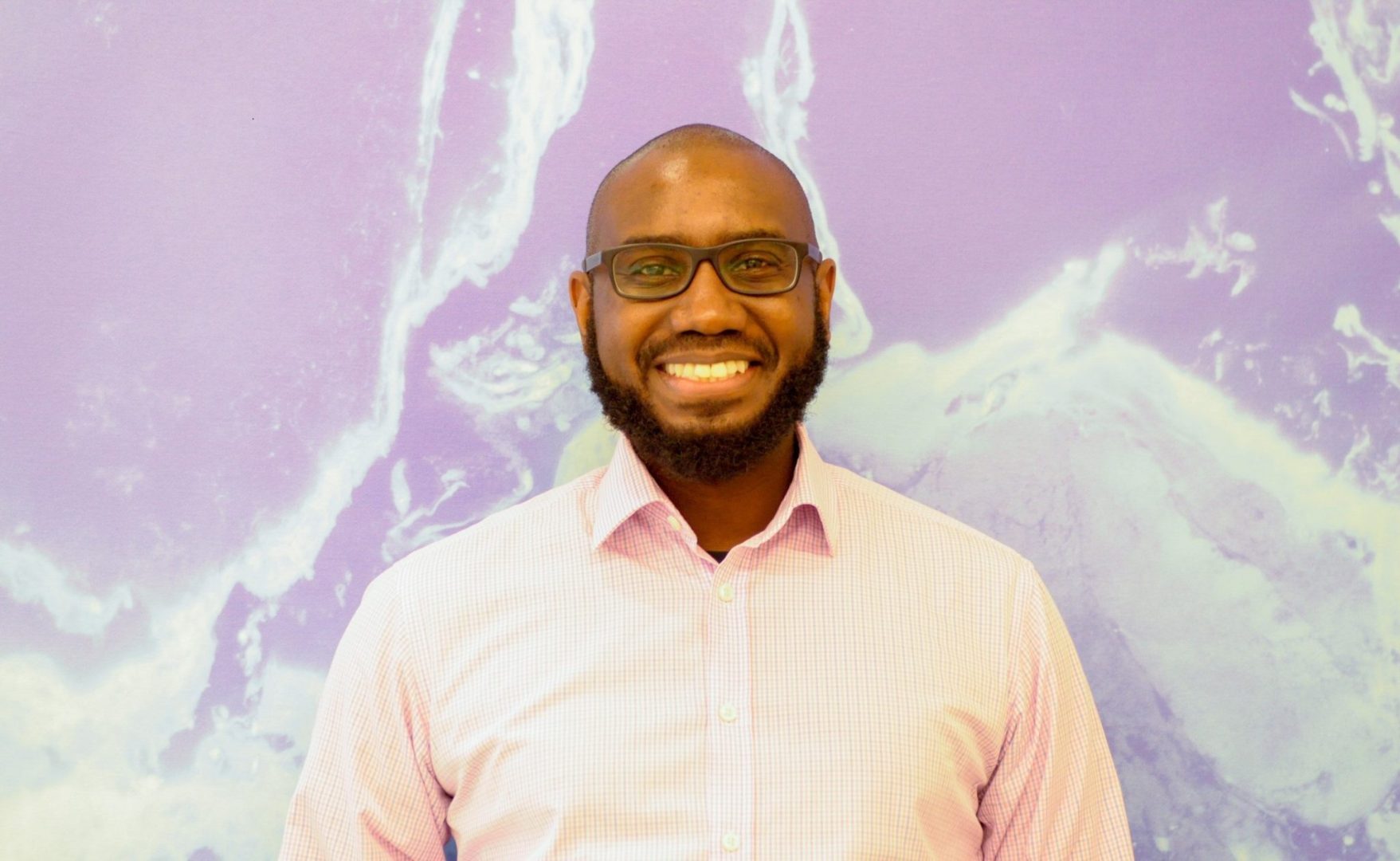A country needs assessment conducted in 2017 by the AO Alliance led to the launch of its fourth Country Initiative in The Gambia in 2019, in collaboration with AO Trauma and the Ministry of Health of The Gambia. The objective of this three-year program is to improve the care of the injured in this West African country by building local and sustainable capacity to develop a comprehensive trauma system.
With a population of over 2 million people, the country is facing rapid urbanization and a growing trauma burden, especially injuries from road traffic accidents, as well as pediatric fractures resulting from falls. The only hospital providing trauma care, Edward Francis Small Teaching Hospital, is in Banjul, the capital, with trauma constituting 60 percent of admissions every day. In 2015, the AO Alliance began organizing nonoperative fracture treatment courses, training 235 healthcare workers to date.
The lead of The Gambia Country Initiative, Dr Kebba Marenah, was trained and practiced in the UK for 12 years before returning to serve his native country in 2018. That year, he was the only Gambian trauma and orthopedic surgeon in the country, and he came with a vision: increasing the number of national surgeons, attracting more orthopedic residents, improving trauma care, not just surgical care. His encounter with the AO Alliance and AO Trauma came at a perfect time.
With the coronavirus pandemic, however, the program has been put on hold: courses and fellowships have been suspended. At the hospital, surgeries have been limited to emergencies only. Despite the restrictions, Dr Marenah has already noticed two very encouraging trends: a growing interest in trauma and orthopedics, with more residents and young doctors wanting to specialize in that field, and a newly gained trust from patients: “We have more people staying and waiting for surgery. The better we are doing, the more people are coming, instead of being discharged and going for traditional treatments. Now, people know things can be fixed.”
